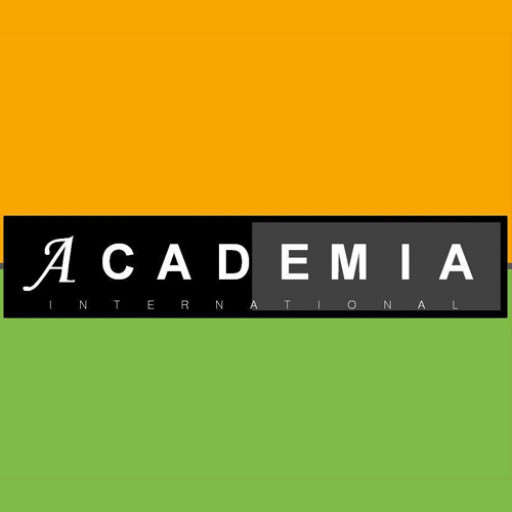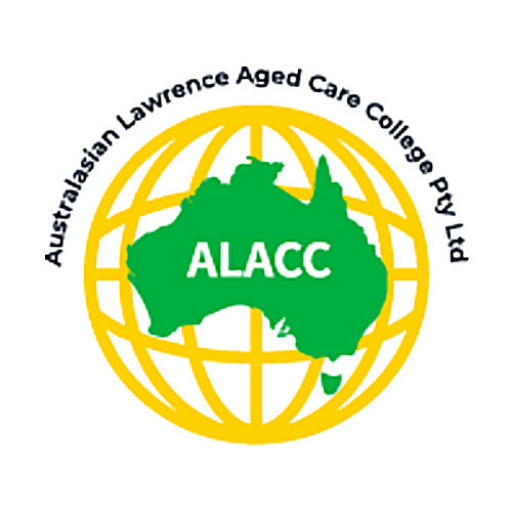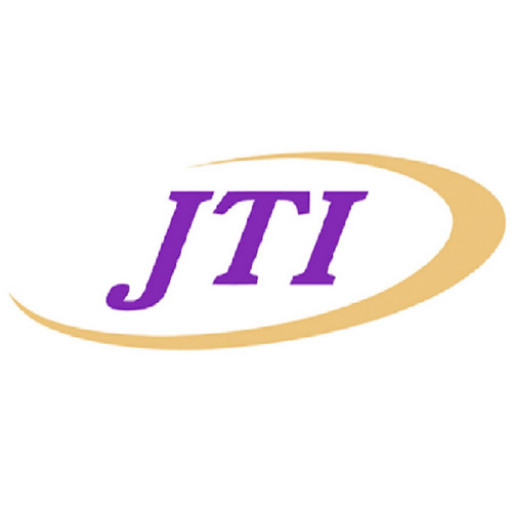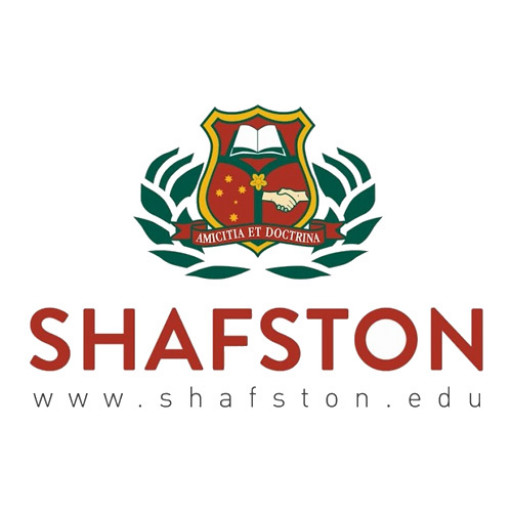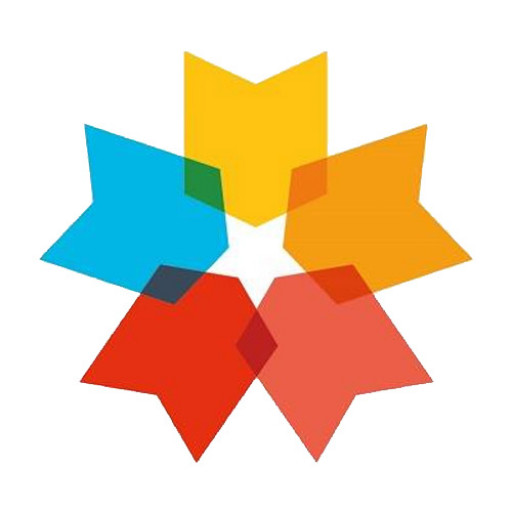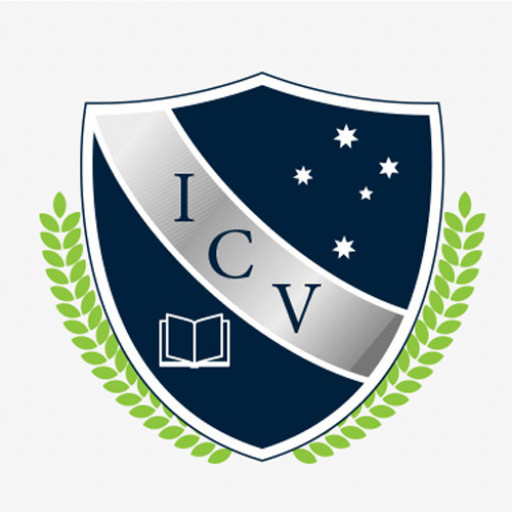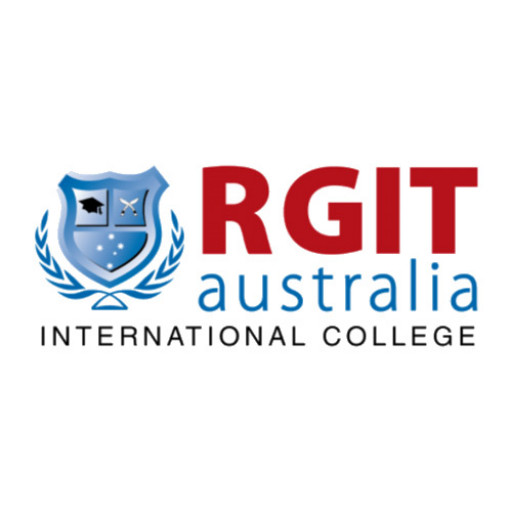The Bachelor of Early Childhood Education and Care at Academia Australia is an innovative and comprehensive undergraduate program designed to prepare students for a rewarding career in early childhood education. This course provides a deep understanding of child development, learning theories, and pedagogical practices essential for nurturing young children in diverse settings. Emphasizing both theoretical knowledge and practical skills, the program equips students with the tools necessary to create stimulating and supportive learning environments for children from birth to five years old.
Students will engage in a variety of coursework covering topics such as child psychology, inclusive education, health and safety, curriculum planning, and communication skills. The curriculum emphasizes the importance of cultural competence, ethical practice, and sustainability, ensuring graduates are well-rounded professionals ready to meet the needs of families, communities, and children in an increasingly diverse society. Throughout the program, students undertake supervised field placements in approved early childhood settings, gaining hands-on experience that complements their classroom learning. These practical components are designed to develop essential skills such as observation, assessment, and responsive teaching techniques.
The program also encourages critical reflection on current practices and ongoing professional development, fostering a commitment to lifelong learning within the field. Graduates of the Bachelor of Early Childhood Education and Care are equipped with the qualifications necessary to work as early childhood educators, room leaders, or administrators in preschools, long day care centers, and other childhood education environments. Additionally, the qualification provides pathways for further study or specialization in areas such as early intervention or childcare management. With a focus on fostering the social, emotional, and cognitive growth of young children, this program aims to contribute positively to the development of confident and capable early childhood professionals dedicated to nurturing the next generation.
The Bachelor of Early Childhood Education and Care program is designed to prepare students for a rewarding career in nurturing and educating young children. This comprehensive course combines theoretical knowledge with practical skills to empower graduates to support children's learning and development from birth through age eight. Throughout the program, students will explore key areas such as child development, pedagogical strategies, curriculum planning, and inclusive education, gaining a deep understanding of the diverse needs of young learners.
The curriculum emphasizes the importance of understanding developmental milestones, social-emotional growth, and the impact of the early childhood environment on overall wellbeing. Students will engage in hands-on placements within early childhood settings, allowing them to apply their theoretical knowledge in real-world contexts and develop professional competencies essential for success in the industry. These practical experiences are integrated throughout the course, ensuring that graduates are well-prepared to work in a variety of early childhood education environments, including preschools, childcare centers, and community organizations.
In addition, the program covers essential topics such as health, safety, nutrition, and family engagement, emphasizing a holistic approach to early childhood care. Students will also learn about current policies, regulations, and standards that govern early childhood education practice, ensuring they are equipped with up-to-date knowledge to meet compliance requirements and advocate effectively for children and families.
The program also encourages critical thinking, research skills, and reflective practice, fostering a professional outlook that is adaptable to the evolving landscape of early childhood education. Graduates of the Bachelor of Early Childhood Education and Care will be eligible for employment as early childhood teachers, educators, or caregivers, playing a vital role in shaping the future of the communities they serve. This degree provides a solid foundation for those wishing to pursue further study or specialization in areas such as early childhood curriculum, inclusive education, or leadership roles within education settings, ultimately aiming to improve outcomes for young children and their families.
Program requirements for the Bachelor of Early Childhood Education and Care typically include the completion of a minimum of 120 credit points over the duration of the course, which generally spans three years of full-time study. Applicants are required to hold a recognized secondary school qualification or an equivalent standard that demonstrates their academic readiness for university-level study. Additionally, relevant work experience in early childhood settings may be preferred or required, depending on the specific admission criteria. Prospective students must submit an application form along with academic transcripts, proof of English language proficiency (such as IELTS or TOEFL scores if applicable), and a personal statement outlining their interest in early childhood education and care.
The program may also require students to complete a series of core courses that cover foundational topics such as child development, early childhood pedagogy, health and safety, inclusive education practices, and family and community engagement. Elective courses might be available to specialize in areas like special needs education or early childhood curriculum planning. Students are typically expected to undertake supervised practical placements in approved early childhood education settings, which are essential for gaining hands-on experience and meeting accreditation standards.
Students may need to pass all courseload assessments, including written assignments, projects, and examinations, to progress through the program. The program may include mandatory attendance at workshops, seminars, and fieldwork sessions to enhance practical skills. Additionally, some programs might require students to undergo a current criminal history check and immunization clearance prior to placements in children's services. Upon successful completion of all coursework, placements, and assessments, students are awarded the Bachelor of Early Childhood Education and Care, qualifying them to seek employment as early childhood teachers, educators, or care coordinators. Continued professional development and registration with relevant authorities may also be necessary to practice in this field.
The financing of the Early Childhood Education and Care program at Academia Australia is structured to make higher education accessible to a diverse student body while maintaining high academic standards. Students seeking to enroll in this program have various options for funding their studies, including government-sponsored financial aid, loan schemes, scholarships, and payment plans. The government of Australia offers several financial assistance programs for domestic students, such as Commonwealth Supported Places (CSPs), which significantly reduce tuition fees for eligible students. These CSPs are subsidized by the government, allowing students to pay only a student contribution amount determined by the unit cost and level of study.
Additionally, students can access the Vocational Education and Training (VET) funding, depending on their eligibility, to support tuition costs for programs related to early childhood education. For students who do not qualify for government subsidies, the university provides flexible payment options, including installment plans that allow spreading out tuition payments over the duration of the program. Private scholarships are also available through Academia Australia’s scholarship office, aimed at supporting students with demonstrated financial need or exceptional academic achievement. These scholarships often cover partial or full tuition fees and sometimes include living stipends to assist with additional expenses.
Student loans are available through the Australian Government’s Higher Education Loan Program (HELP), which allows students to defer their tuition fees and repay them gradually through the tax system after gaining employment. International students, who are usually required to pay full tuition fees, may access specific scholarship programs or financial supports offered by the university or external organizations, though their options are generally more limited than those for domestic students.
The university’s financial policy emphasizes transparency and affordability, aiming to facilitate access to early childhood education training for individuals motivated to enhance their skills and contribute to community development through quality early childhood care. The fees associated with the program are outlined clearly on the university’s official website, and prospective students are encouraged to consult with the admissions office or financial aid department to identify the most suitable funding options based on their individual circumstances. Overall, the combination of government subsidies, financial aid, scholarships, and flexible payment options reflects Academia Australia’s commitment to supporting students financially throughout their educational journey in early childhood education and care.
The Bachelor of Early Childhood Education and Care at Academia Australia is designed to equip students with the foundational knowledge and practical skills required for a successful career in early childhood education. This program emphasizes the developmental needs of young children from birth to five years old, preparing graduates to work effectively in early childhood settings such as preschools, childcare centers, and community-based programs. The curriculum includes core courses in child development, educational theories, health and safety practices, and inclusive education strategies. Students undertake practical placements in real-world settings to gain hands-on experience, enabling them to apply theoretical knowledge in practice and develop essential teaching skills. The program also explores family engagement, cultural competence, and policies related to early childhood education, fostering a holistic understanding of the sector. Graduates of this program will be qualified to work as early childhood educators, with the necessary skills to support children's cognitive, social, and emotional development. The program is delivered through a combination of lectures, tutorials, workshops, and supervised placements, ensuring a comprehensive learning experience. It aims to meet national standards for early childhood educators, preparing students for registration and employment within the sector. Additionally, the program offers pathways for further study in specialized fields or advanced qualifications. By completing this degree, students will join a growing profession dedicated to fostering positive early learning experiences and contributing significantly to children's future development.
